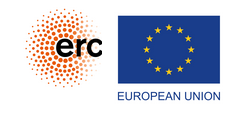On 24 August, Juhan Hellerma will be presenting at the Annual Estonian Philosophy Conference. The title of his paper is “Kuidas kujutleda enneolematut homset?” (“How to imagine an unprecedented tomorrow?”).
More information is available at the conference’s page.


